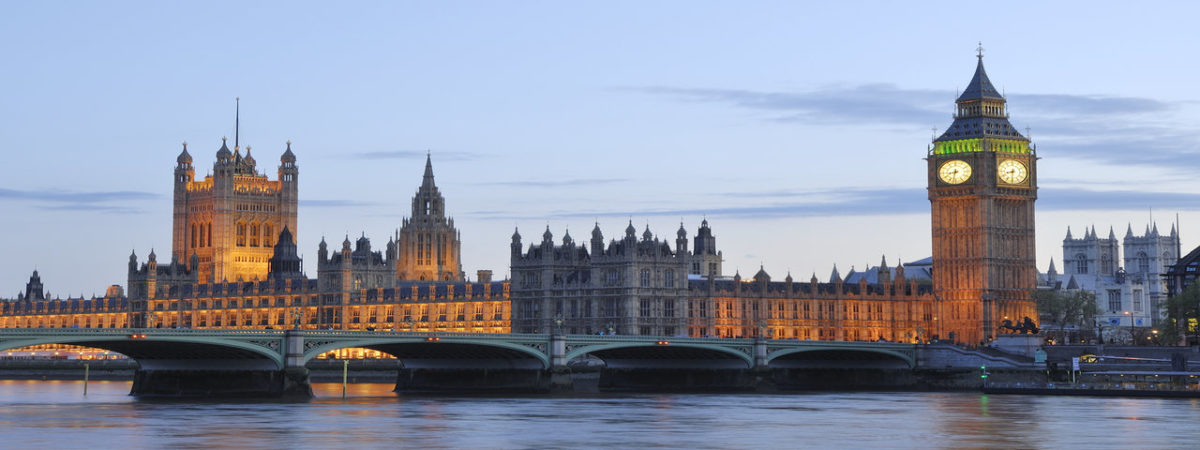93% of junior doctors would back “complete privatisation” of the NHS, if it meant “substantially” increased salaries
SUGGESTED



What made them think that an economist, free-market or otherwise, would have a particular view on an industrial dispute? The reason is that by then, the media had promoted the junior doctors to a progressive social movement, and their strike to a struggle to save the NHS (sorry, our NHS) from privatisation and marketisation.
According to The Independent, “the junior doctor contract can only be understood in the context of privatisation. The contract is really about […] paving the way for privatisation. […] The attack on pay and conditions is also about breaking the allegiance of NHS staff to the concept of a public, universal healthcare system. […] Public opinion is firmly behind the doctors. However, the doctors’ movement must now generalise into a national movement to save the NHS from privatisation.”
The Guardian, in an article titled “Junior doctors are striking for us all – to save the NHS and to make a stand”, argued:
“[A]sk a striking junior doctor why they’re taking this action, and you won’t simply hear an eloquent spiel about their contracts. It’s the very future of the NHS – which they have committed their lives to – which they fear is at stake. There are the government’s policies of marketisation and fragmentation […] stripping the “national” from NHS.”
I always thought that this was pure projection, because the left always does this. Whenever anyone, anywhere goes on strike about anything, some left-wing commentators stand ready to project their own worldview into the strikers. An industrial dispute over pay and working conditions then gets glorified into a culture war between decent, ordinary people on the one hand, and greedy, corrupt elites on the other hand.
This is because in the left-wing view of the world, increases in the living standards of ordinary people are never just brought about by rising productivity and growth in the nation’s capital stock. No, they are the result of power struggles. Working-class people need to get together, organise, and fight for their rights. It is an exciting, romantic view of the world, which resonates with people in a way the Solow-Swan Growth Model does not.
However, while I never believed for a second that the junior doctors’ strike was a People’s Struggle against the demonic forces of neoliberalism, I did believe that most junior doctors had convinced themselves of it. I was under the impression that they sincerely believed that that they were fighting The Just Cause on behalf of The People. Slogans like “Save our NHS” were everywhere, after all, and we always find it easy to convince ourselves that what is good for us also happens to be good for everybody, even if in roundabout ways.
And yet, in a recent survey of almost 10,000 junior doctors, 93% said they would accept “complete privatisation” of the NHS if it resulted in “substantially” increased salaries. Surely, some will dismiss these figures as a vicious smear, while others will accuse junior doctors of hypocrisy and opportunism. I think neither response is appropriate.
In practice, many doctors already act in accordance with the preferences expressed in this survey. Last year, about 8,600 UK-trained doctors went to work abroad, with Australia being a particularly popular destination. Australia has a universal public insurance system, in which the government commissions and pays for most healthcare, but in which the delivery is largely private and market-based. They are not doing anything immoral, because there is nothing immoral about private, market-based healthcare; in fact, the Australian system produces some of the best outcomes in the world. Come to think of it, even in the UK, most GPs are self-employed, not NHS employees. This means that technically, they are part of the dreaded – whisper it – private sector.
It would, however, suit junior doctors to quit the populist, anti-capitalist posturing. And the rest of us should try to keep our anti-capitalist knee-jerk responses in check. Even when it comes to healthcare.
Dr Kristian Niemietz is the IEA’s Head of Health and Welfare, and a Research Fellow at the Age Endeavour Fellowship (AEF). He is the author of the IEA/AEF ‘NHS tetralogy’:
· ‘Health check: The NHS and market reforms’
· ‘What are we afraid of? Universal healthcare in market-oriented systems’
· ‘A patient approach: Putting the consumer at the heart of UK healthcare’
· ‘Diagnosis: Overrated. An analysis of the structural flaws in the NHS’
5 thoughts on “93% of junior doctors would back “complete privatisation” of the NHS, if it meant “substantially” increased salaries”
Comments are closed.





Being big into research and all, could you please link to the original poll question and sampling so we can judge is validity?
You are using the S*n as your source, on a “survey” by “a medic in Hull” that is not even linked to within the article on the S*n.
And somehow you call yourselves an institute? Did you award that to yourselves, or just make it up… like the “survey” by the S*n?
No Facts, a secret survey? No data? No real source, and the Sun. Elvis is on the moon.
To paraphrase you, the right does this: leaps on tenuous “data” and makes bold, intentionally divisive statements supposedly based on that data. No bias there, then! Lol!
Ah, the famous right wing taste for open discussion & engagement with complex and difficult ideas I have heard so much about, playing out in the comments section! Many thanks for addressing the comments in such an exhaustive and eloquent manner /s.